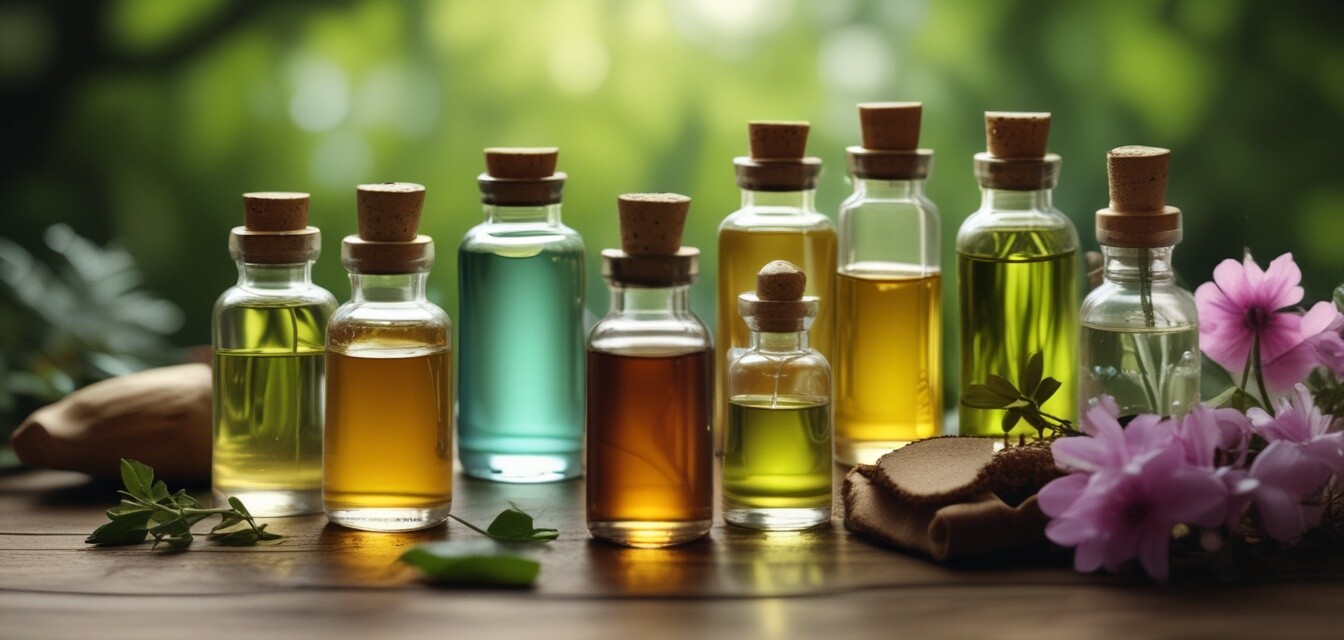
Understanding Different Types of Organic Oils
Key Takeaways
- Organic oils come in various types, each with unique benefits and uses.
- Understanding different oils can help in choosing the right ones for your skin type.
- Incorporating organic oils into your skincare routine can enhance your overall skin health.
- Always perform a patch test before using new products to ensure compatibility.
In recent years, organic oils have taken the beauty and skincare world by storm. With their numerous benefits and versatility, they can be a great addition to any skincare routine. From facial serums to body moisturizers, understanding the different types of organic oils available helps you make informed choices for your skincare needs.
What are organic oils?
Organic oils are derived from plants, seeds, nuts, and fruits, without the use of synthetic fertilizers, pesticides, or other harmful chemicals. They are extracted through various methods, such as cold pressing, ensuring the oils maintain their natural properties. These oils are not only beneficial for the skin but also align with sustainable and healthy living.
Types of organic oils
Below, we explore some of the most popular organic oils used in skincare, discussing their benefits and how to incorporate them into your routine.
| Type of Oil | Benefits | Best For |
|---|---|---|
| Jojoba Oil | Moisturizes, regulates oil production | Oily and combination skin |
| Argan Oil | Rich in fatty acids, nourishes and hydrates | Dry and sensitive skin |
| Tea Tree Oil | Known for its antibacterial properties | Acne-prone skin |
| Rosehip Oil | Rich in antioxidants, promotes skin repair | All skin types |
| Sweet Almond Oil | Softens and smooths skin, rich in vitamins | Dry skin |
Benefits of using organic oils in skincare
- Natural nourishment: Organic oils provide essential nutrients that help in maintaining healthy skin.
- Hydration: They offer deep hydration, making them a perfect solution for dry skin.
- Soothing properties: Many organic oils have calming effects that can help reduce inflammation and irritation.
- Variety of options: With numerous oils available, you can find the perfect one that suits your skin type and concerns.
How to use organic oils in your skincare routine
Organic oils can be easily incorporated into your skincare routine. Here is how:
- As a moisturizer: Apply a few drops of your chosen oil after cleansing and toning.
- In a DIY mask: Mix organic oils with natural ingredients like honey or yogurt to create an effective face mask.
- As a massage oil: Use organic oil as a base for massage to hydrate while promoting relaxation.
- In bath water: Adding a few drops to your bath can enhance the bathing experience while moisturizing your skin.
Tips for choosing organic oils
Beginners Section
- Research the oil's properties before purchase, focusing on your skin type.
- Look for 100% pure organic oils to avoid added chemicals and fillers.
- Consider your specific skin concerns, such as dryness, acne, or sensitivity, to select the best oil.
- Always perform a patch test to check for any adverse reactions.
Final thoughts
Incorporating organic oils into your skincare routine opens up a world of benefits. From moisturizing to promoting skin health, these natural oils serve as versatile allies in achieving radiant skin. Remember to choose the right oils for your skin type and concerns, and always prioritize quality by opting for organic, pure oils.
Pros
- Natural nourishment with minimal side effects.
- Wide array of options for different skin needs.
- Easy integration into existing skincare routines.
Cons
- Some individuals may experience sensitivity or allergic reactions to certain oils.
- Quality and effectiveness can vary between brands.
- Oils may not be suitable for very oily skin types, depending on the formulation.
To dive deeper into organic skincare products, consider checking our selection on Body Lotions & Oils, or explore more about Exfoliators & Masks that complement your routine.
If you want more insights into selecting organic skincare options, visit our informative section on Organic Skincare Buying Guides and learn more about Latest Trends in Organic Skincare to stay updated.


